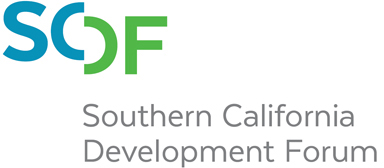Great Minds Make Great Places.
|
- Home
- Events
- Event Blog
- Forecasting the Future: Covid-19 and Its Impact on the Real Estate Industry
Main links | Other links | 437 S. Cataract Ave |
Managed by Co-Pilots
Great Minds Make Great Places.
|
Main links | Other links | 437 S. Cataract Ave |
Managed by Co-Pilots
